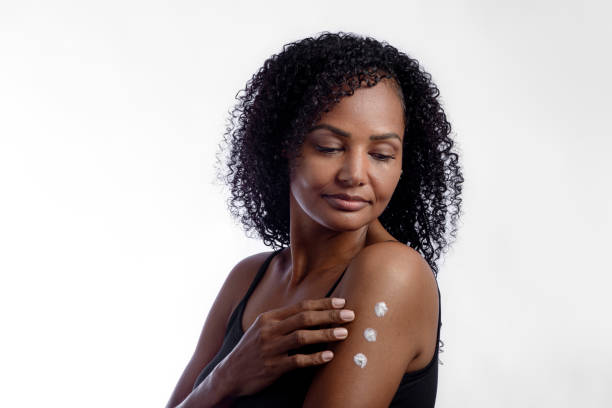
When should you worry about a rash?
Rashes may look alike, but while over-the-counter medications can treat some rashes, others can signal a more serious condition such as psoriasis, the American Academy of Dermatology (AAD) says.
“It is important to watch your symptoms closely at the onset of a new rash,” says Dr. Mallory Abate, a board-certified dermatologist in Baton Rouge, La. “Making note of any changes or new developments are instrumental to determining the severity of the medical condition and if immediate assistance is needed.”
One key sign of bigger trouble is if you have a rash that is infected. Evidence of infection might include pus, yellow or golden crusts, pain, swelling, warmth or an unpleasant smell. The skin around an infection might look red, purple or brown, you might feel very hot or cold, have swollen lymph nodes, or a fever.
“If you have a rash and your symptoms are not improving, make an appointment to see a board-certified dermatologist,” Abate said in an AAD news release.
RELATED: 10 Signs It’s Time to See a Doctor About Your Rash
What Causes Psoriasis Rash?
The exact cause of psoriasis is not fully understood, but it is believed to involve an abnormal immune response that leads to rapid skin cell growth. Normally, skin cells go through a cycle of growth and shedding for a month.
However, in psoriasis, this process is accelerated, with new skin cells rising to the surface in a matter of days instead of weeks. This rapid turnover results in the accumulation of cells on the skin's surface, forming the characteristic plaques.
Symptoms of Psoriasis Rash
- Red patches of skin covered with silvery scales
- Dry, cracked skin that may bleed
- Itching, burning, or soreness
- Thickened, pitted, or ridged nails
- Stiff and swollen joints (in some types of psoriasis)









